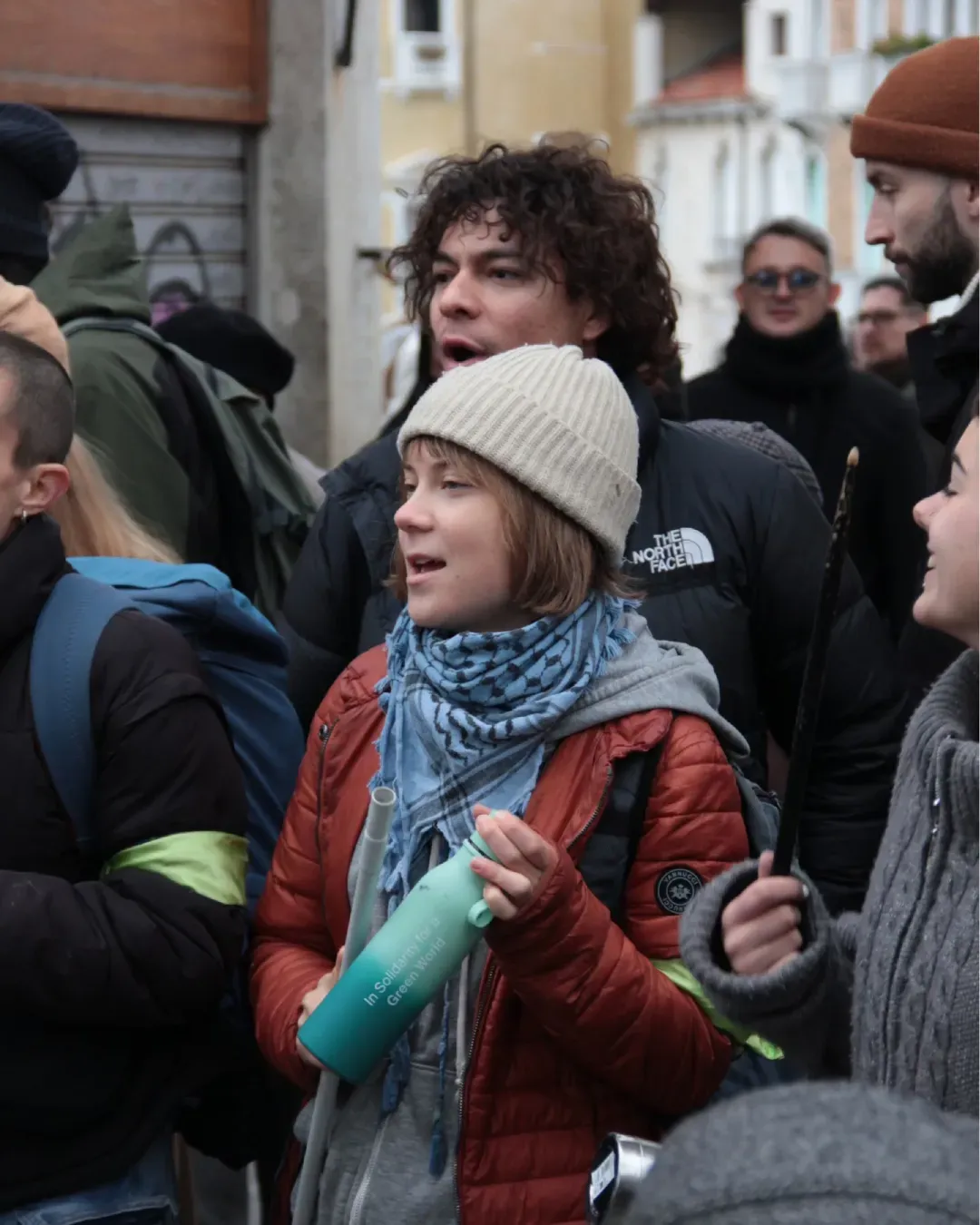
Italy will have a Minister of Ecological Transition too As announced by the main environmental associations after a meeting with Prime Minister Draghi
After a meeting with Prime Minister Mario Draghi two days ago, the President of WWF, Donatella Bianchi, together with representatives of Greenpeace Italia and Legambiente, respectively Ivan Novelli and Giuseppe Onufrio, announced that Italy will also have a minister for ecological transition. With regard to the new role, the term "super-minister" was also used to indicate the transversal role that this figure should have involving economic development, agriculture and the environment. Its task will be to allocate and manage that 37% of European Recovery Funds that will be allocated to actions in favour of climate and biodiversity. The three environmental associations explained:
First of all, we need a bold vision and coherent objectives, with more simplifications on the green economy, combined with more effective public controls, a competent bureaucratic organisation, [...] These reforms are necessary to ensure the quality of projects, the speed of expenditure and the certainty of compliance with the rules and which urgently need to be implemented as soon as possible.
During the consultations, some key themes for the work of the future ministry were discussed, ranging from the development of renewable energies to the circular economy, from sustainable mobility to industrial innovation, from agroecology to the protection of protected areas. The new minister will review the Integrated National Energy and Climate Plan (PNIEC) and set new targets in line with the new European CO2 emission reduction targets that raise reduction targets from 40% to 55% by 2030. The development of renewable energies will have to be accelerated by 5-6 times compared to the current situation, simplifying and speeding upwind and agrovoltaic energy procedures, and also carrying out a tax reform to eliminate all subsidies harmful to the environment.
A fund will also be created to implement the new European Circular Economy Plan, which covers interventions dedicated to industrial symbiosis, chemical recycling, waste recycling, the activation of product reuse systems to those that produce compost and biomethane, also creating plants with which to recover material and produce renewable energy. In cities, zero-emission public transport will be promoted, facilities will be built that promote cycling and electric micromobility, and focus freight transport on railways rather than seas and roads. The funds will also be used for the technological innovation necessary for the conversion of industries with the construction of bio economy plants, which will also involve the agricultural industry. Finally, the Ministry will plan a strategy able to protect and replenish Italian natural capital in line with the European Green Deal and the European Biodiversity Strategy.



















































